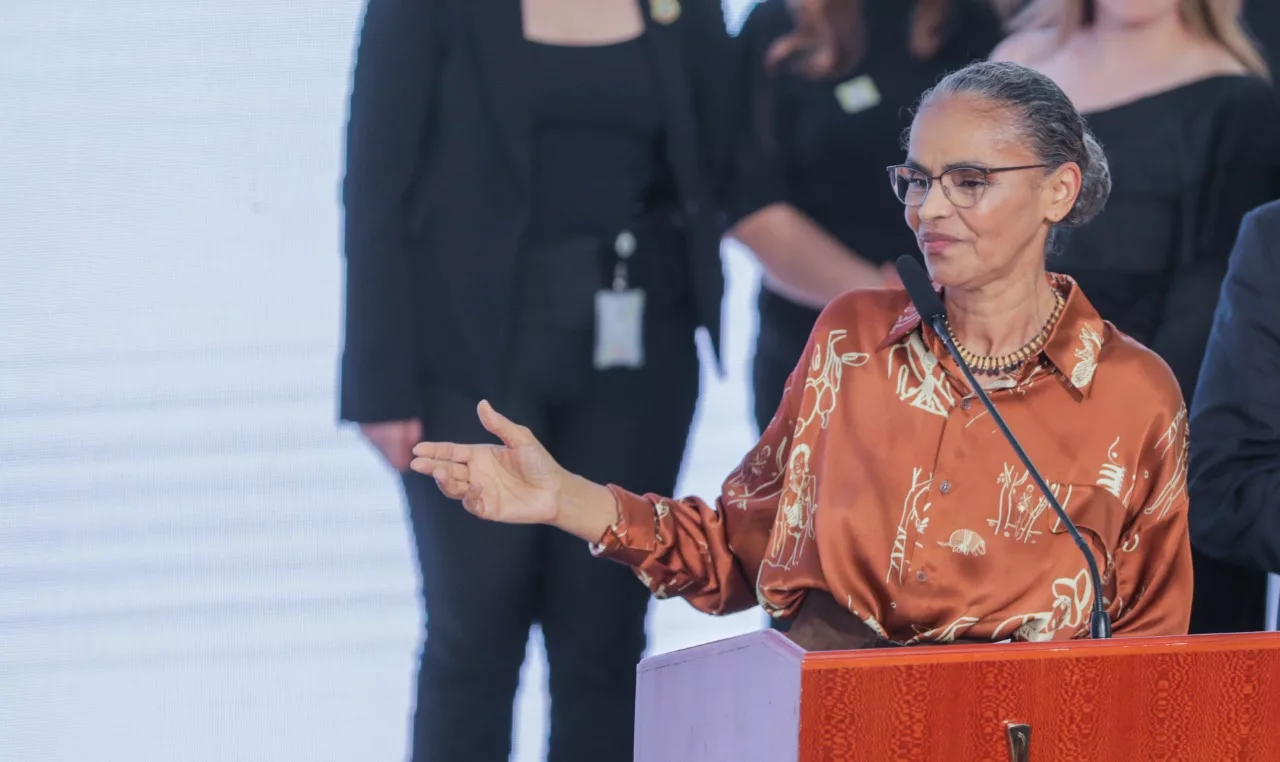
According to Marina Silva, the Brazilian Minister of Environment and Climate Change, Brazil will arrive at COP30, the United Nations Conference on Climate Change, in 2025, held in Belém, as a protagonist with reduced carbon emissions, decreased deforestation, and improved governance to become a reference in the sector.
Marina Silva made this statement while participating in the panel on Sustainability, Environment, Climate, and Bioeconomy as State Policies at Febraban Tech, the leading technology and innovation event in the Latin American finance sector.
The minister mentioned that efforts to achieve these goals are already underway and showing promising results.
Brazil in the right way
During her address, Marina emphasized that deforestation and agriculture are the primary contributors to carbon emissions, accounting for 73% of the country’s emissions.
“We have already reduced emissions by 53%. The good news is that studies conducted by Embrapa and various institutions indicate that the country can double its production without further deforestation. Therefore, we will not harm the Brazilian economy.”
Marina Silva highlighted that addressing environmental challenges requires global collaboration and cannot be solved unilaterally. Multilateralism is essential to tackle these issues, with each country taking responsibility and implementing the necessary agenda. She emphasized that cooperation is crucial, and prioritizing environmental efforts attracts international cooperation.
“The Brazilian government has shown that climate change is a top priority. Former President Lula’s participation in COP27 in Egypt has opened doors for investments to flow towards Brazil, reinforcing our commitment to the Paris Agreement,” she stated.
The minister also mentioned recent government initiatives, such as the Low Carbon Agriculture Program and the Safra Plan, which aim to demonstrate that Brazil can be a powerhouse in agriculture, environment, water resources, and forestry while prioritizing the environment.
Marina Silva concluded by stating that the world will assign value to carbon and will avoid importing carbon-intensive products that harm biodiversity and indigenous communities. Brazil is actively preparing for this shift, transforming existing societal elements into scalable public policies that showcase its environmental potential.
In conclusion, the country is committed to sustainable practices and aims to position itself as a global reference for environmental priorities.
By Agência Brasil/Edited by Guilherme Nannini






